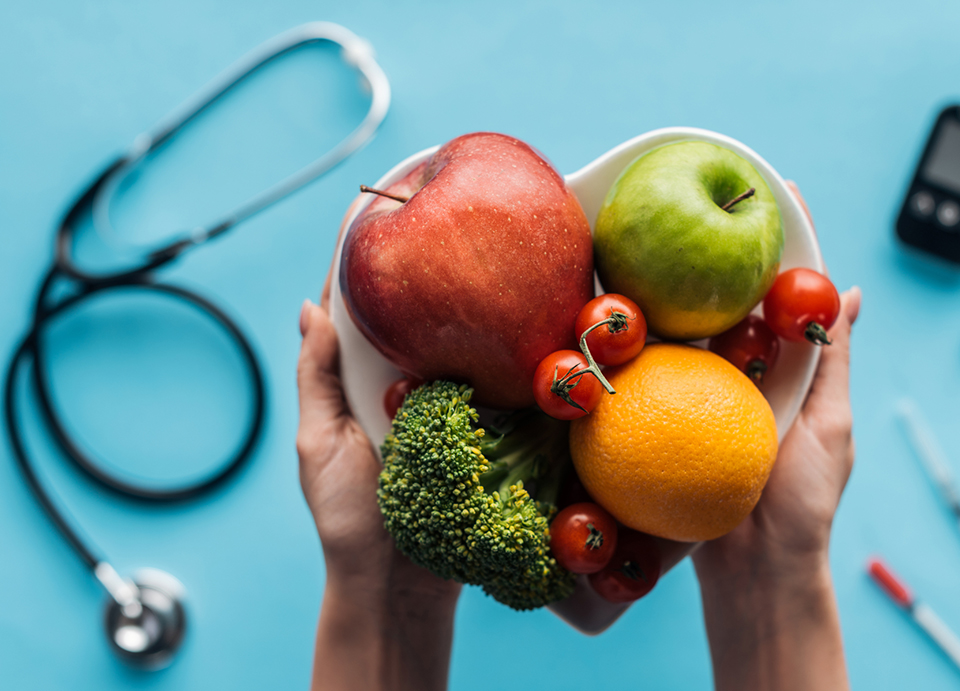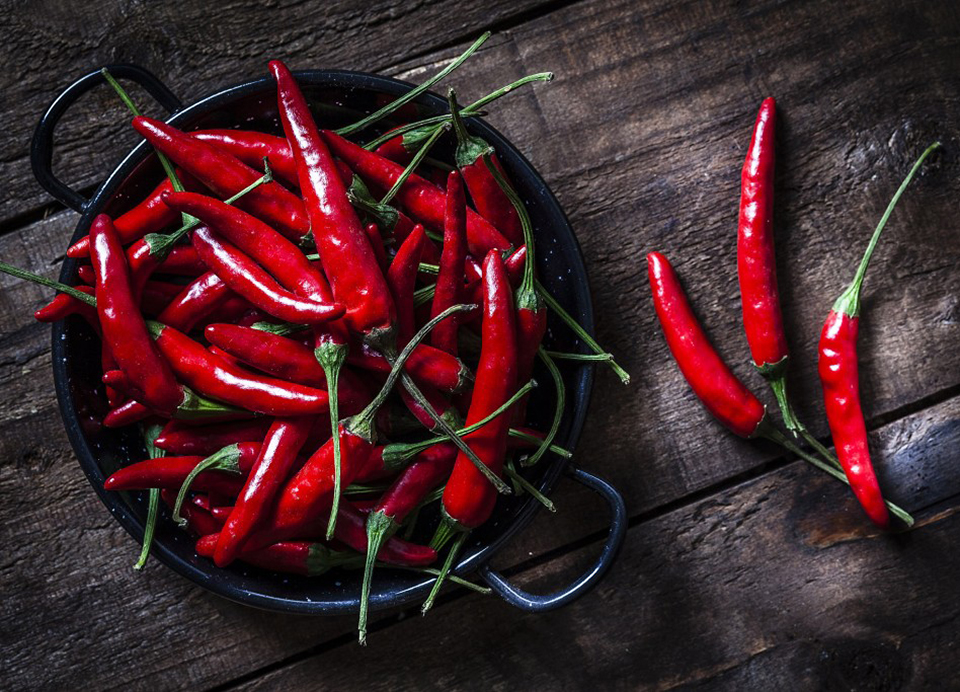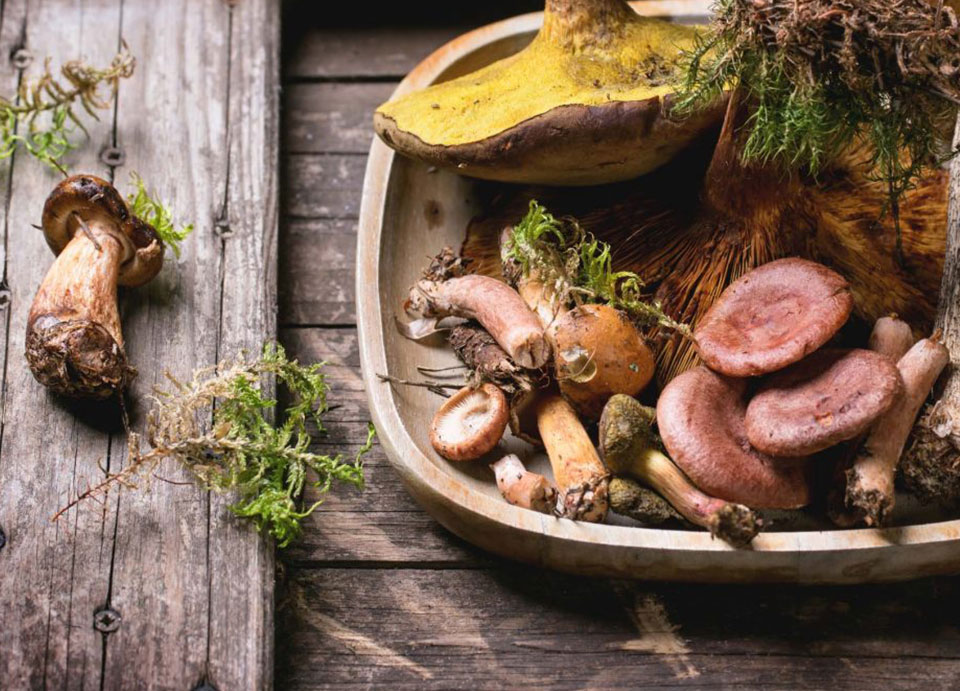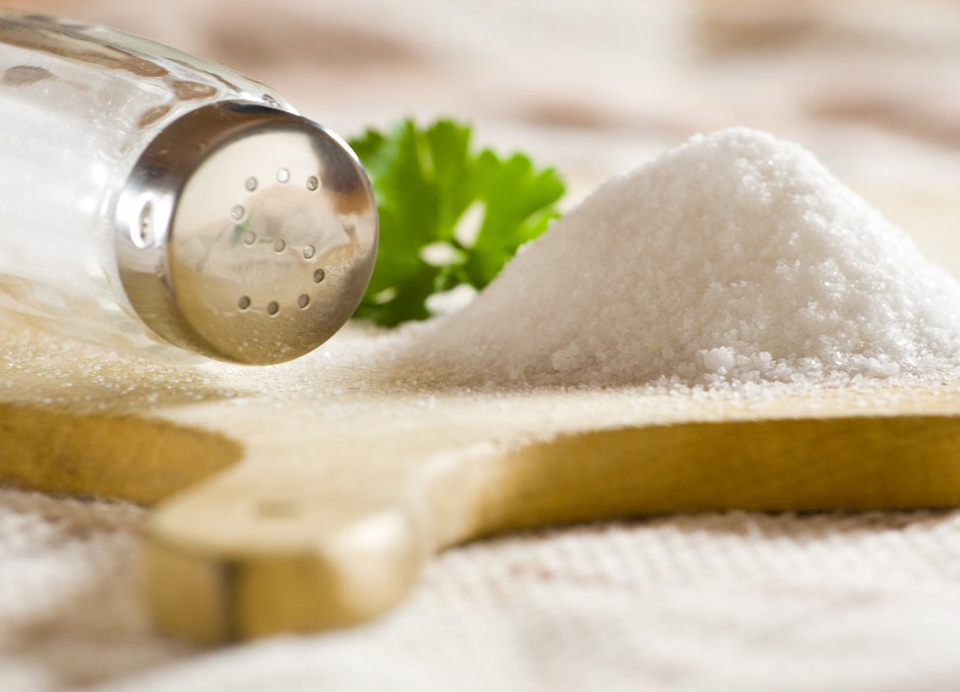HealthWomen’s health is a complex topic, especially as you age. A crucial area of focus for overall health and preventing chronic diseases is your nutritional status. If you are a woman over the age of 50, or you have someone in your life who is, it is important to stay up to date on labs that help indicate your health and nutrition status. As women age, the body experiences significant changes, including hormonal shifts, leading to a higher risk for chronic health issues. Consistently monitoring certain labs can offer insights into your health and guide you to prevent nutritional imbalances […]
READ MORE 








